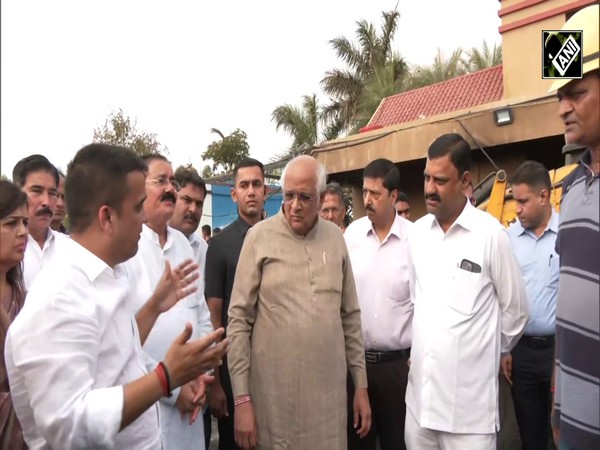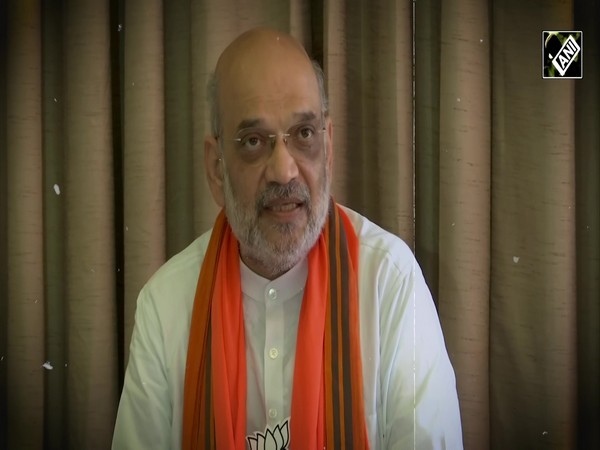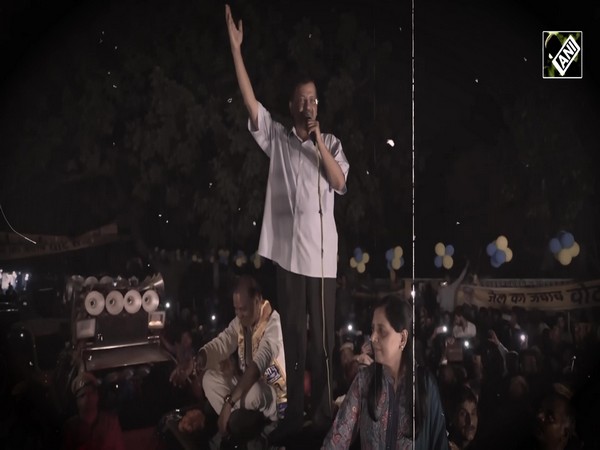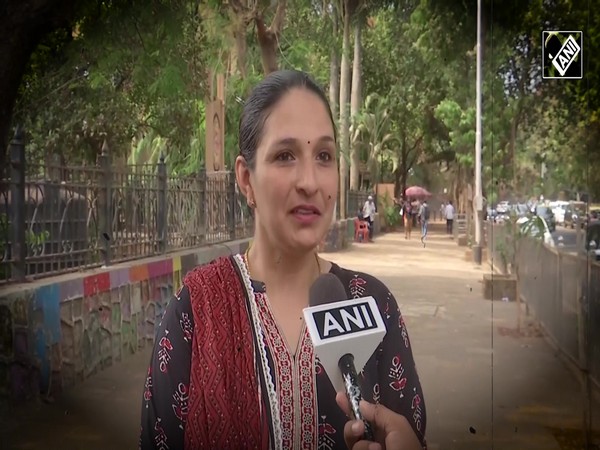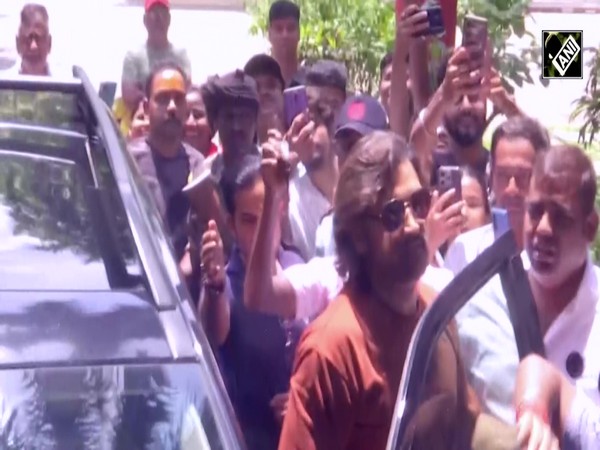Durga Puja -- a special bond that connects India, Bangladesh
Nov 09, 2020

Dhaka [Bangladesh], November 9 : India and Bangladesh have always had a special bonding, which only gets strengthened during Durga Puja as people from both the sides come together to seek the blessings of the Goddess.
Dr Mamun Al Mahtab, Member Secretary of Sampritee Bangladesh -- a civil society organisation that promotes inter-religion harmony in the country -- says it is not just the outbreaks like dengue that happens in this part of the world, but festivals like Durga Puja that connect both the nations.
Describing the common rituals and bonding that countries share, Dr Al Mahtab recalls his travel to Guwahati as the Secretary General of the South Asian Association for the Study of the Liver last year.
"On one fine winter morning, I was standing at the footsteps of the hills, home to the famous Kamakhya temple. Though not part of my liver itinerary, I had to be there, as 'dengue or no dengue', to me it was simply beyond my imagination to be in Guwahati and not visit this famous Hindu temple right in the heart of the city. One thing that drew my attention as I arrived there, was that there were two queues... I eventually realized that the longer queue was for those who came to offer prayers to the Goddess, while the second one was for people like us who would only offer visit. I witnessed with great wonder how the two different types of offerings by... people across religion were going on simultaneously, without any disruption to the serenity of the temple.
"And then I suddenly realised that it is not only the dengue outbreak that we share between us in our part of the world, it is also the communal harmony and peaceful coexistence of diverse religious beliefs and practices that add beauty to our region."
He goes on to compare the scene with the recently concluded Durga Puja in Bangladesh that happens with similar enthusiasm as in India.
"As I visited the Dhakeswari National temple and Ramna Kalibari in Dhaka city during the recently concluded Durga Puja, I could feel this inner beauty of Bangladesh once again. As delegates of Sampritee Bangladesh, comprising not only of Hindus but also Muslims like me, when we visited the
s (dais), we could feel the warmth of the organisers to have us amidst them during their holiest religious festival," he said.
He added that people "could freely move all-around" and even pose for a selfie with the Goddess.
"It was not only me, who was a non-Hindu, but many in the crowd who were there to share the joy of the celebrations. In fact, the COVID-19 has forced the organisers to curtail the celebrations to a minimum this year. There was no musical soiree and the
s remained accessible to the people only till 8 in the evening," Al Mahtab added.
The experience made him nostalgic "like old normal times" when in most Durga Puja
s in Dhaka people would see two separate queues, one for the devotees who came to offer prayers and the other for visitors, just like the Kamakhya Temple in India.
"Be it Gulshan-Banani Sarbojonin Puja mandap or the Sarbojonin Durga Puja in Kalabagan, the scenario remained the same... And this is not something that we see in Dhaka or the urban areas of Bangladesh only. This is a scenario that prevails countrywide from cities to villages...," he said.
About the violence faced by the minority community in Bangladesh, Al Mahtab said that Prime Minister Sheikh Hasina "will not withstand" any act of communalism in a country that her late father liberated and "established on four pillars, one of which was secularism."
"Contrary to the post-Bangabandhu Bangladesh, now we are seeing a continuous injection of all that is good, better and best for a secular society... by a government that not only believes in but also nurtures secularism and the spirit of our great liberation war of 1971 that was fought by the Bengali Muslims and Hindus alike," he said.
Bangladesh is a country with a long history of communal harmony, he further said, adding that this is a land where Sufism prevails over Wahabism and where even the Vaishnavas were patronised by the Muslim rulers: "I see brighter days ahead for a secular Bangladesh, where the forces of evil and the dark will soon be defeated once and forever," he concluded.









